On April 1, 2018, former Guatemalan dictator Efraín Ríos Montt died from a heart attack at the age of 91. Having initially been convicted in 2013 of genocide and crimes against humanity against the Ixil people, he died under house arrest facing a retrial. Today, survivors organized with the Association for Justice and Reconciliation (AJR) made a statement on the death of Ríos Montt and called on supporters to continue to stand in solidarity as they demand justice. For the original statement in Spanish, see below. Translation by NISGUA.
THE IXIL PEOPLE WILL CONTINUE TO DEMAND JUSTICE
The Association for Justice and Reconciliation (AJR) and the victims and survivors of the Ixil genocide state:
For 18 years, we have sought justice for the genocide that the Army committed against our communities and our demand for justice does not end with the death of Ríos Montt. The trial against Mauricio Rodríguez Sánchez, head of Military Intelligence under Ríos Montt, continues. There are also other investigations against those responsible for genocide and other crimes committed during the internal armed conflict.
For us, the sentence emitted by the High-Risk Crimes Court “A” on May 10, 2013, which sentenced Ríos Montt to 80 years in prison for genocide and crimes against humanity, remains valid. As such, Ríos Montt died under house arrest, having been convicted. We reject the statements made by some people who claim that Ríos Montt died in impunity and free. He died guilty, facing a second trial. History will remember him that way.
It is unfortunate that the victims and their aggressors are dying before there is justice. So far, five witnesses in the genocide case have died, as have three high-ranking members of the military responsible for the crimes committed between 1982 and 1983. This situation demonstrates the State’s lack of political will to guarantee justice for survivors of the genocide and the crimes committed during the internal armed conflict.
In the Peace Accords, the State committed to prosecute those responsible for grave human rights violations committed against the civilian population, particularly against women, children, and people living in the countryside. Nonetheless, the State continues to deny what happened and delay justice for the victims, in particular the Ixil people.
Therefore, we ask:
- That the High-Risk Crimes Court “B” accelerates the pace of the trial against Mauricio Rodríguez Sánchez, because it is difficult for the victims and witnesses to travel to the capital every week in order to participate. We call for a verdict to be rendered quickly and that Mauricio Rodríguez Sánchez be found guilty.
- That the Public Prosecutor’s office investigate all of those responsible for the Ixil genocide and the genocides against the Achí, Kaqchikel, Chuj and Q’anjob’al people. We demand that both the high-ranking and mid-ranking members of the Army who participated in these crimes be investigated.
- That the commission receiving nominations for the next Public Prosecutor excludes Roberto Molina Barreto from the list of candidates under consideration, as he has obstructed justice for the victims of human rights violations. We reject the candidature of Roberto Molina Barreto for Public Prosecutor after having emitted an illegal ruling to protect Ríos Montt, ordering that the trial be repeated.
- That the Guatemalan State recognizes the historical truth and stops denying the past. For the Mayan people, the truth is highly valuable, and we demand that the genocide sentence and the testimonies of the victims be respected. Reconciliation can only be built on the foundation of truth and justice.
Kab’laval “e”
Nebaj, Quiché, April 6, 2018
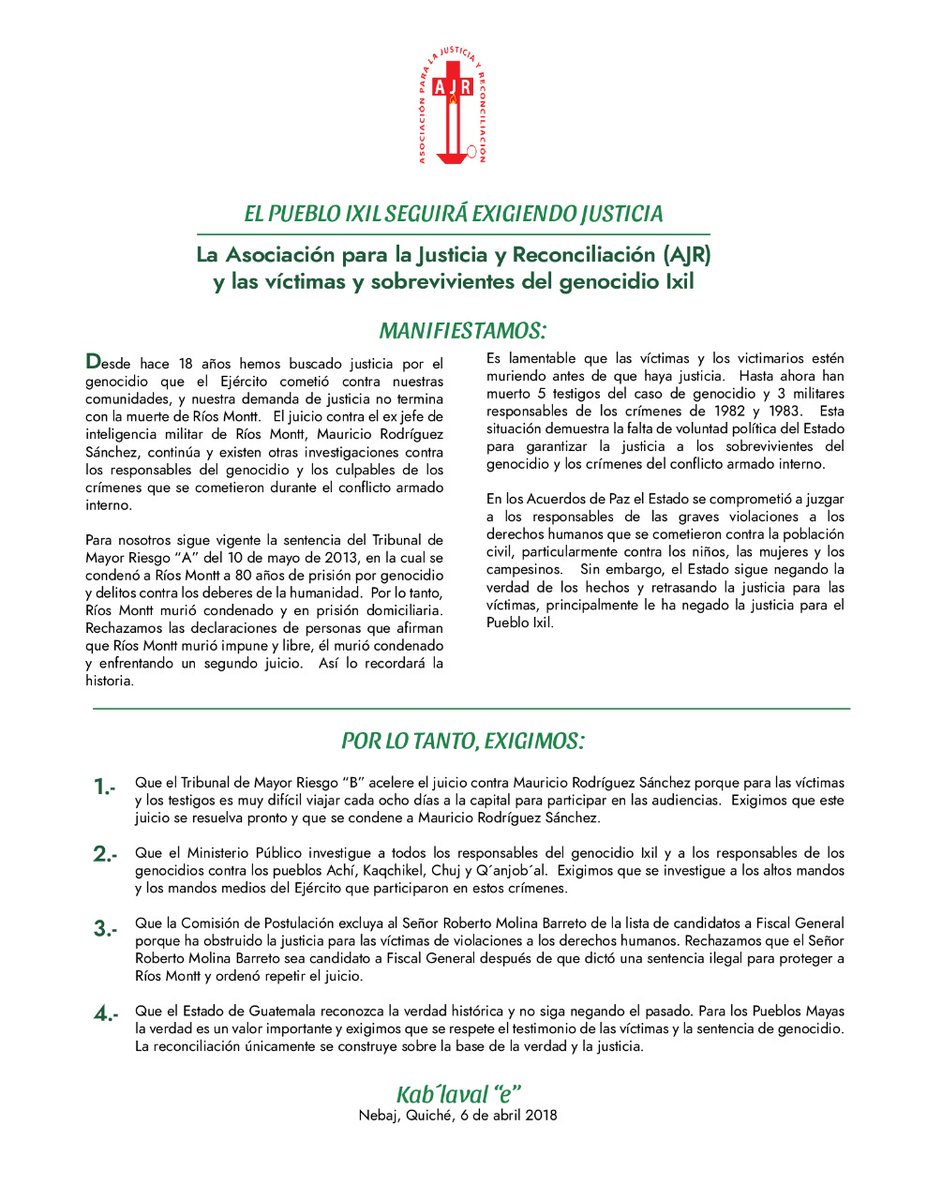

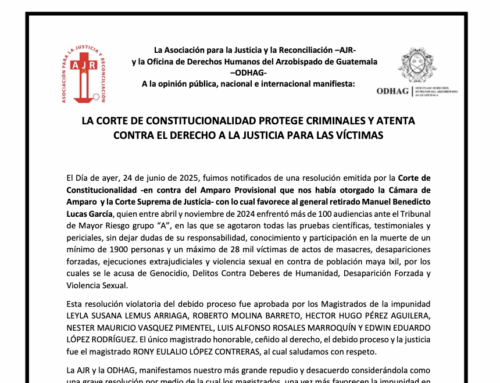
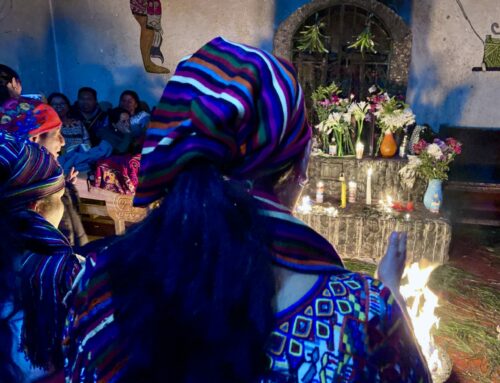
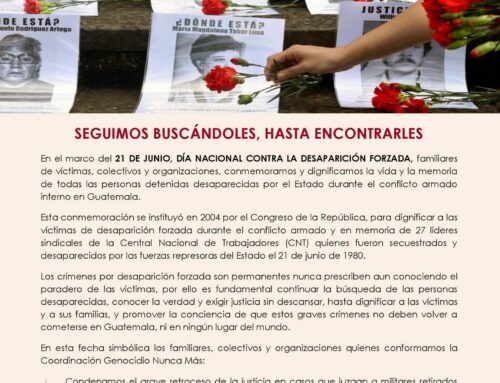
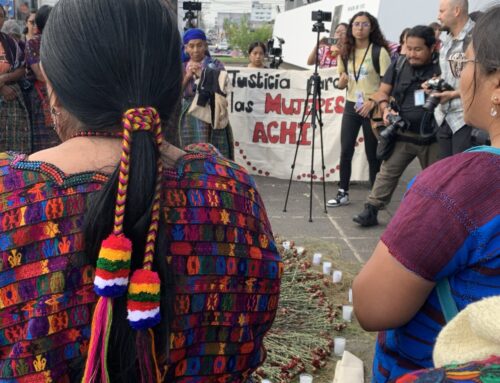
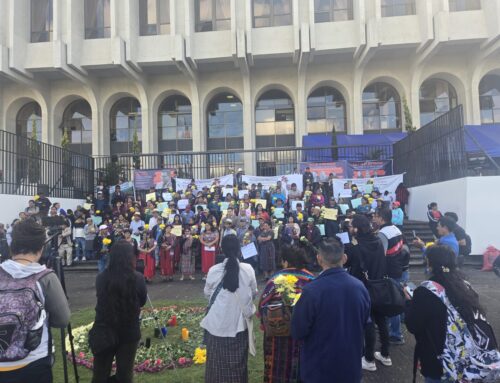
[…] survivantes et survivants Maya Ixil ont de leur côté donné une conférence de presse durant laquelle ils ont réaffirmé leur volonté de continuer le combat pour la justice afin que […]